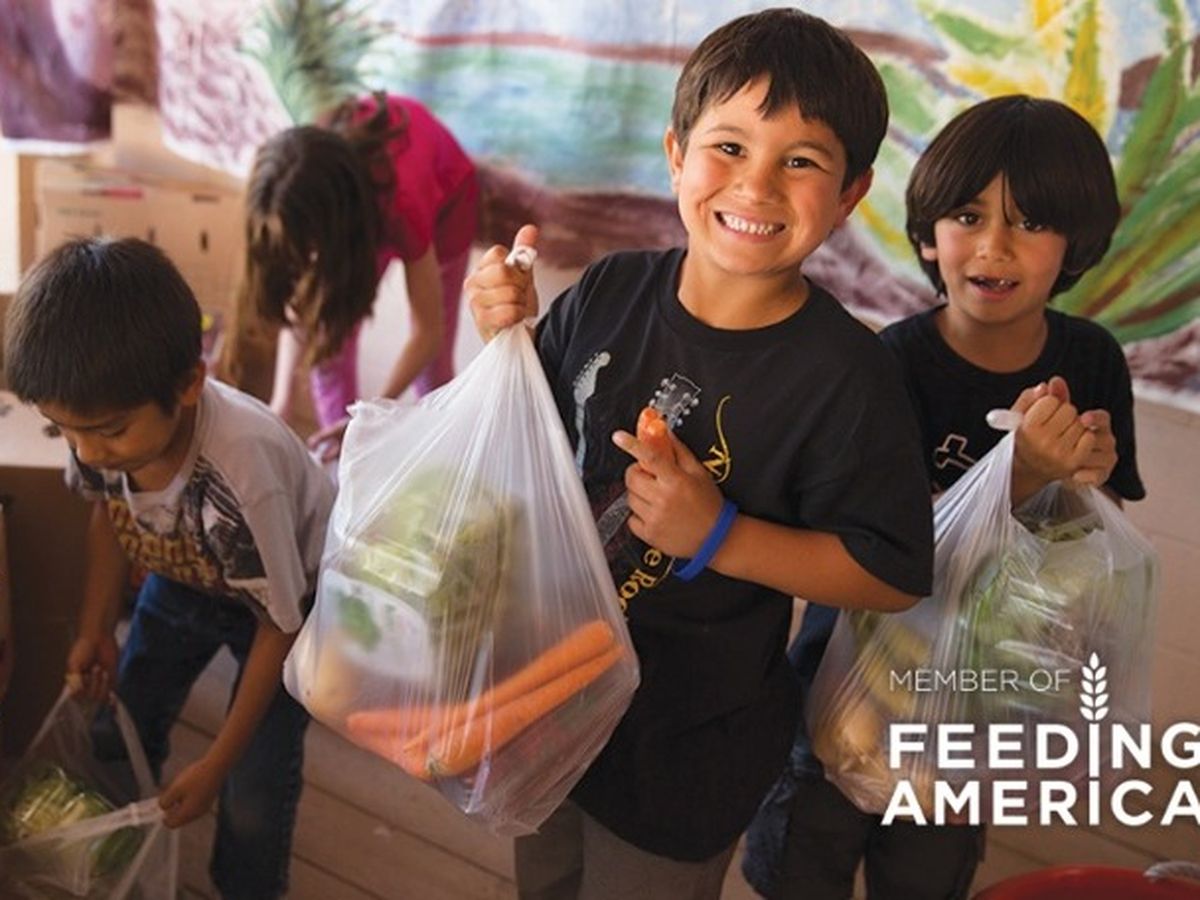AS DONATIONS DECLINE, THE NEED FOR HEALTHY FOOD INCREASES
As of this week, 17,000 more students in the Seattle area are at risk of losing access to the nutritious breakfasts and lunches they rely on during the school day. Similarly, access to healthy food is already challenging for low-income seniors and is now exacerbated by the need to limit interactions with others due to their increased risk of COVID-19 infection. In times of crisis such as the COVID-19 pandemic, those most in need are disproportionally affected. As more schools close, additional students will go without.
In-kind donations to Food Lifeline, accounting for 85 percent of the food they source annually, have declined dramatically in the last week, while the need for nutritious food continues to spike. To respond to these challenges, they've shifted to sourcing truckload volumes of cased-out essential groceries and hardy produce items. They're also mobilizing their capacity to pre-pack food boxes that can be directly distributed to families either at neighborhood food banks or through home delivery.
The steps they are taking carry significant additional costs and present new and logistical challenges.
Community’s support is more critical than ever, here is how we can help:
$30 will help Food Lifeline provide a family of four groceries for four days.
$100 will help Food Lifeline provide 1,000 pounds of nutritious produce.
$1,000 will help Food Lifeline provide 15 families with groceries for two weeks.
$5,000 will provide an entire truckload of produce, ensuring that more of our neighbors continue to receive the quality products they are counting on.
To learn more about their response to Covid19: https://foodlifeline.org/covid19/
As of this week, 17,000 more students in the Seattle area are at risk of losing access to the nutritious breakfasts and lunches they rely on during the school day. Similarly, access to healthy food is already challenging for low-income seniors and is now exacerbated by the need to limit interactions with others due to their increased risk of COVID-19 infection. In times of crisis such as the COVID-19 pandemic, those most in need are disproportionally affected. As more schools close, additional students will go without.
In-kind donations to Food Lifeline, accounting for 85 percent of the food they source annually, have declined dramatically in the last week, while the need for nutritious food continues to spike. To respond to these challenges, they've shifted to sourcing truckload volumes of cased-out essential groceries and hardy produce items. They're also mobilizing their capacity to pre-pack food boxes that can be directly distributed to families either at neighborhood food banks or through home delivery.
The steps they are taking carry significant additional costs and present new and logistical challenges.
Community’s support is more critical than ever, here is how we can help:
$30 will help Food Lifeline provide a family of four groceries for four days.
$100 will help Food Lifeline provide 1,000 pounds of nutritious produce.
$1,000 will help Food Lifeline provide 15 families with groceries for two weeks.
$5,000 will provide an entire truckload of produce, ensuring that more of our neighbors continue to receive the quality products they are counting on.
To learn more about their response to Covid19: https://foodlifeline.org/covid19/
Organizer
Food Lifeline
Beneficiary

